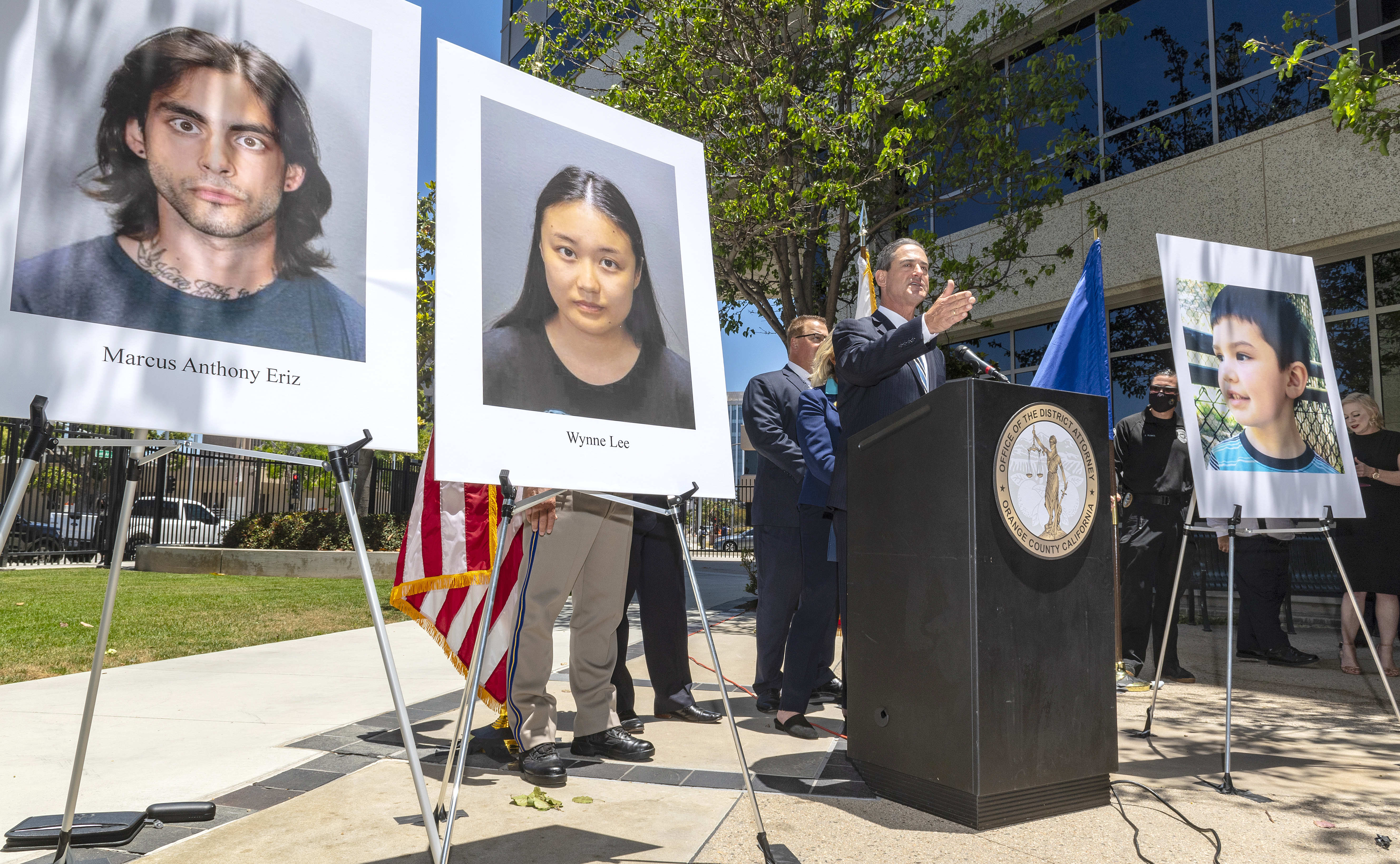The state is still not doing enough to protect residents who live near the now-shuttered Exide battery recycling plant in Vernon, the county's public health director said today.
Barbara Ferrer, who leads the Department of Public Health, said the state's method for testing soil to determine whether lead contamination exists is flawed.
"The sampling strategy just has you going to a handful of places in each yard. Unfortunately, with lead, it can be in one place in the yard and not another place," Ferrer said.
County workers retested five parcels that had been cleared by the state's Department of Toxic Substances Control and found three of the five still had hot spots, she told the Los Angeles County Board of Supervisors.
Ferrer said the state needs to institute a block-by-block plan for cleanup to ensure environmental safety, rather than a house-by-house, parcel-by-parcel strategy.
County officials have also been pressing the state to clean up the inside of homes, saying residents track in contamination from their yards. And parkways, not just yards, need to be decontaminated, they say.
"The neighbors agree with us that the strategy right now doesn't make sense at all," Ferrer said.
News
Top news of the day
The board and Ferrer acknowledged that they have no authority over the DTSC.
Ferrer, who was hired early this year, said she had tried cooperating with the agency but wasn't getting the results she wanted.
"We share the frustration of the community at this point," Ferrer said, citing "an inexplicable delay in actually coming into the community and doing mitigation."
The DTSC released its cleanup plan in July and said it is committed to protecting the health of residents in the community.
"This cleanup plan is the result of more than a year of effort and community input," a spokesman said then.
"In response to the public comments we received, DTSC adjusted the prioritization process to streamline it in a manner that continues to protect the health of residents at properties with the highest levels of lead in soil and the greatest risk of exposure to that lead," said Mohsen Nazemi, deputy director for DTSC's Brownfields and Environmental Restoration Program.
The scope of work focuses on homes with soil lead concentrations of 400 parts per million or more, those with hot spot concentrations of 1,000 ppm or more, and daycare and child care centers with concentrations of 80 ppm or more.
As for the pace of its cleanup, the agency pointed out that it had stopped soil testing in order to accommodate a large-scale environmental reviewin response to complaints by residents and legislators.
When Exide agreed to close the lead-acid battery recycling plant, it committed to pay $50 million for cleanup of the site and surrounding residential neighborhoods of Boyle Heights and Maywood. Of that amount, $26 million is meant to be set aside for residential cleanup.
Last year, Gov. Jerry Brown signed legislation providing $176.6 million in funding for environmental testing and cleanup work in neighborhoods surrounding the now-shuttered plant, with the testing expected to cover about 10,000 properties.
There are three pieces of legislation on the governor's desk that could help prevent future contamination or provide more money for cleanup.
One bill would increase maximum penalties to $70,000 a day for violators of hazardous waste laws; another would require the state to convene a lead advisory task force; and the third is aimed at forcing owners and operators of hazardous waste facility to submit permit renewals on time.
The Exide plant, which opened in 1922, was allowed to keep operating under a temporary permit for 33 years, despite continuing environmental violations. It was permanently closed in March 2015.
Supervisor Hilda Solis asked that the board consider a permanent blood testing facility in the area and provide related health services for residents in a 1.7-mile radius of the plant. Staffers were tasked with evaluating the feasibility of that plan.



